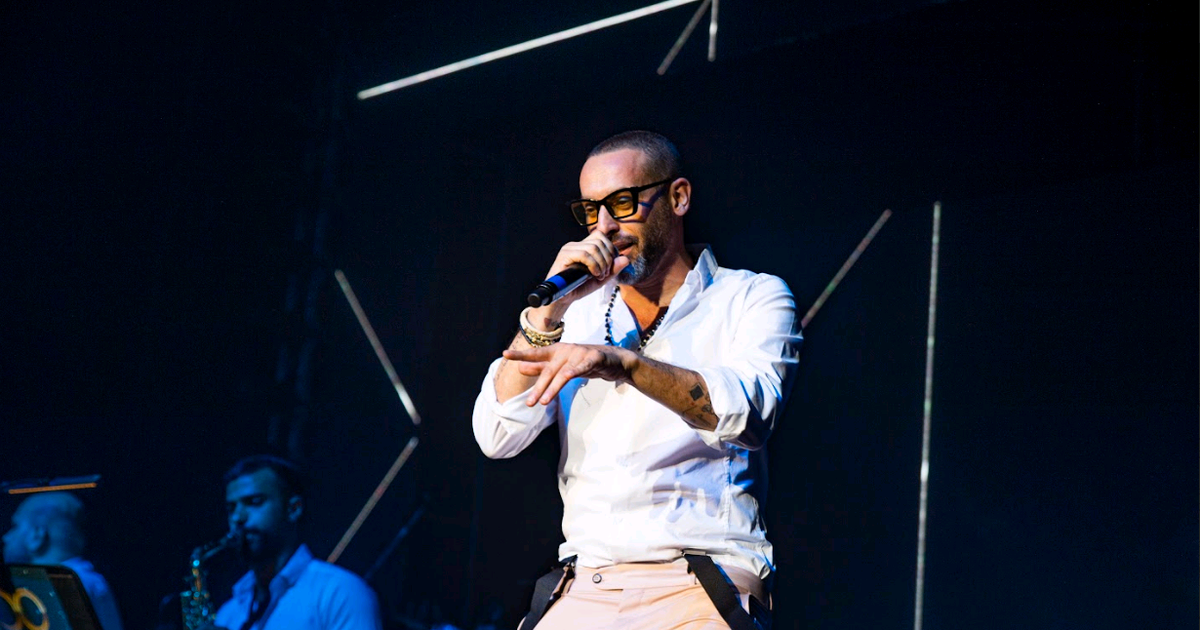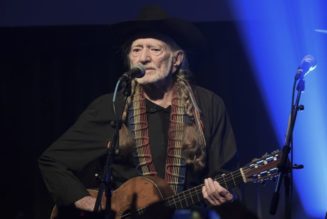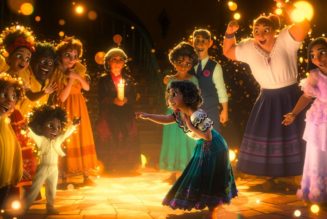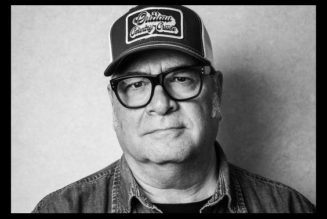
About a month ago, I participated in a historic musical event called “100.” The idea was to celebrate 100 years of evolution in Arab music. Some of the local community’s greatest singers took the stage, beginning with songs from the 1930s and gradually, over the course of 100 minutes, reached the present.
As the years and the songs advanced – one minute for each year – the lighting became more colorful, the outfits more modern. I have to say that I also felt the governments that changed, the borders that were breached, the states that disappeared and the lands that were conquered.
Yet as moved as I was to be a part of this distinguished group of artists, of the polished production and the standing-room-only auditorium (the Haifa International Convention Center was sold out, grandmothers with their children and grandchildren), I was still pained to discover what we all already knew: Music in the Arab world is nourished by innovations from Egypt, Lebanon, Syria, Iraq and so forth, but never from Palestine.
Yes, we have creative artists of equal stature, but they always lacked a passport to the hall of fame. The Arab world won’t accept artists with an Israeli passport, and Army Radio’s popular-music station Galgalatz doesn’t even see Arab musicians. Never mind that more than half the songs on its hit parade are actually Arab music, but the singers are Jewish.
I held the spotlight the lighting operator hung over the stage as I watched the woman who dreamed up this historic event describing it. I was impressed by the production, which paid attention to all the little details.
I was full of the audience’s joy as it experienced this time machine that stimulated its memories. I was awestruck by the young men and women in T-shirts and earpieces who ran around bringing this vision to life. It relieved me to see how much potential my people have, if others would just stop isolating us with fences and checkpoints, both physical and cultural.
It hurts me that so many of our artists with hits of their own are still forced to play weddings and sing other people’s songs just to support themselves, as if they felt no sense of security in Palestinian creative work. And rightly so. There’s almost no profit in it. That’s how the business works. First you succeed at home, build up a local audience, and from there, the world awaits.
But where is our home? Where is our target audience? Some of us are Israeli citizens, some live in the castaway isle of the Gaza Strip, some are under the Palestinian Authority, some are in refugee camps and the rest are scattered throughout the world. It’s a target audience so dispersed that all the algorithms of all the social media platforms couldn’t manage to define what our target audience is.
I speak in sorrow, the sorrow of a 15-year-old boy who just wants a red carpet, fame and lights. Of those 100 Arabic songs, only one was Palestinian: mine.
This is what I said on stage: “In 2000, a new kid arrived in the Arab neighborhood: Arab rap. Today, it’s found in every hit parade on every platform, but this time, it’s important to say that it began here with us, in Lod.” I performed my song, and then I jumped into the most successful Arab rap songs, by Egypt’s Mohamed Ramadan, Tunisia’s Balti and so forth.
Yet even there on the stage, I understood what was self-evident: There’s no avoiding these political borders. A song that succeeded in Egypt gets packaged by the advertising world. Cellphone providers bring in the artist for huge ad campaigns, Red Bull events, MTV prizes. But we’re stuck in this black hole. We continue to be creative and produce high-quality work, but that’s it. Beyond that, racist politics dictates the global playlist.
Even as I watch Jewish rappers from Israel and Arabs from Arab countries flourishing amid a healthy infrastructure that allows them to grow, I receive requests from performance organizers to add a new provision to the contract. The provision states that if the performance is canceled due to force majeure such as war or natural disaster, the producer can cancel it with no payment obligation. “And to force majeure, please add: If the police or the state or the hall demand that Tamer’s performance be canceled, then the producer has the right to cancel the performance with no payment obligation.”
I just had a brilliant idea: I’ll write my next song using artificial intelligence. “Please write a Palestinian song in the voice of Tuna,” a popular Israeli rapper. Who can say whether this, too, shall pass?
Tamer Nafar is a rap artist and singer.









